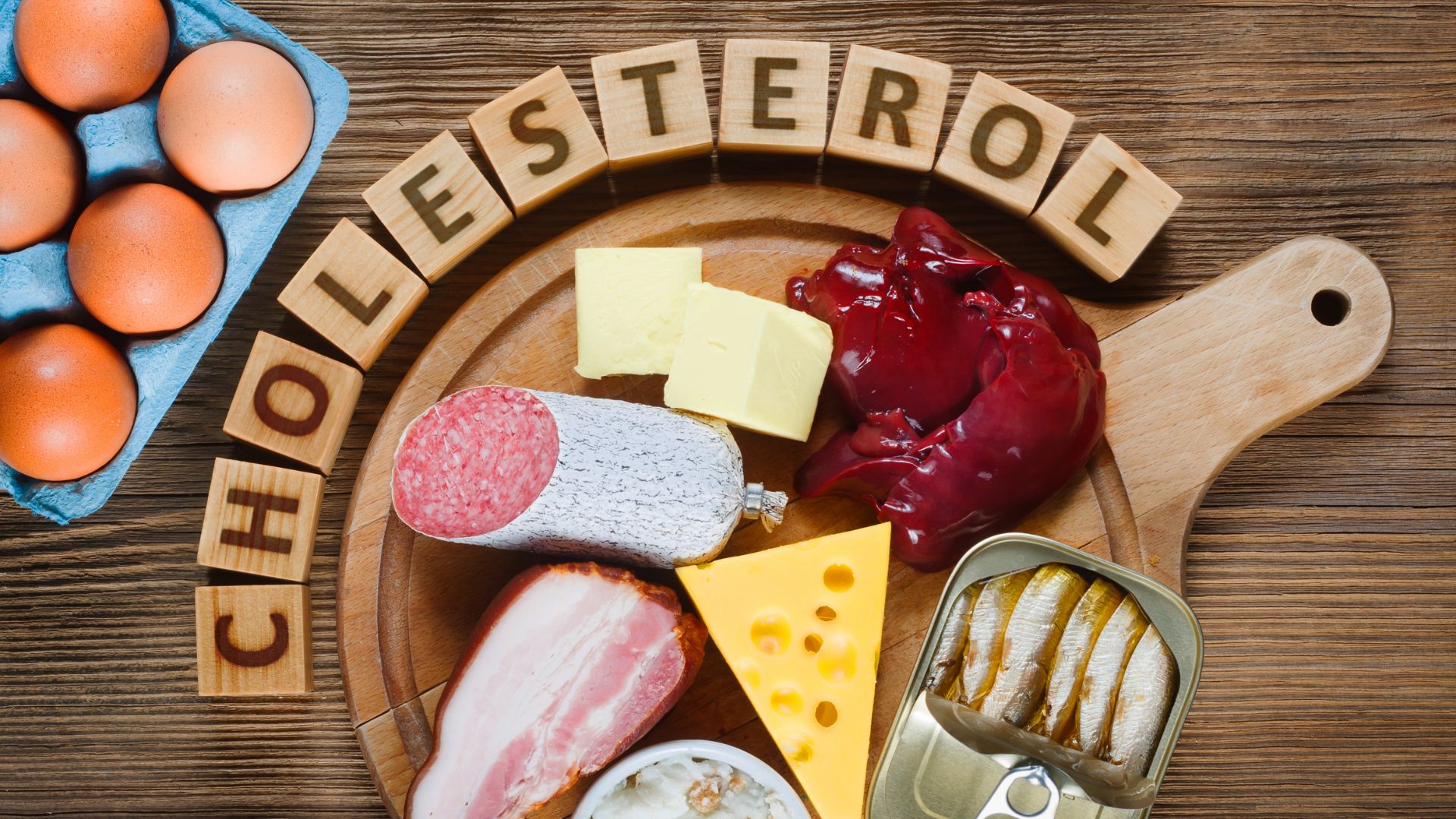
Maintaining a healthy cholesterol level is essential for our heart’s health. The first step in this journey is to understand what cholesterol is. Cholesterol belongs to the chemical compound class known as lipids, and your body requires it to build healthy cells. When the cholesterol levels rise, there is an increased risk of the blood vessels narrowing. Monitoring your cholesterol levels is critical because sometimes you may not notice any symptoms until a severe problem, such as a heart attack or stroke, occurs.
High Cholesterol – Good and Bad
The different types of cholesterol can be puzzling. Some forms of cholesterol are necessary for a healthy body – critical bodily functions, such as hormone production and cell formation, require cholesterol. The two main types of cholesterol are low-density lipoprotein (LDL) and high-density lipoprotein (HDL).
Low-density lipoprotein, or LDL, can cause cholesterol to build up in the arteries, which puts you at risk for heart disease and stroke. This buildup is known as plaque. Due to plaque accumulation, the blood vessels can get constricted and prevent blood from flowing to and from the heart and other organs. Angina or a heart attack can occur when the heart does not receive enough blood. (Salamon, Maureen)
High-density lipoprotein, or HDL, is often called “good cholesterol” because it helps clean the bloodstream. It moves extra cholesterol from the cells to the liver, where it is broken down. Higher levels of HDL are suitable for the heart. (Salamon, Maureen)
Triglycerides are a type of lipid or fat, and they are not the same as cholesterol. Triglycerides are used as a source of energy by our body when cholesterol builds cells and certain hormones.
When we consume more than we need, our body turns the extra calories into triglycerides and stores them in fat cells. Triglycerides are then moved through your bloodstream by lipoproteins. Thus, when triglyceride levels get too high, it can raise the risk of a heart attack or stroke, among other health problems. (Grey)
High Cholesterol Diseases
Depending on which blood vessels are blocked or narrowed, people with high cholesterol are more likely to get some of these diseases:
Coronary Artery Disease
Heart disease is the leading risk of high cholesterol. The amount of cholesterol in your blood has a significant effect on how likely it is that you will get heart disease. If the heart muscle starts to die due to reduced blood supply, it can cause angina or a heart attack.
Stroke
When high cholesterol causes plaque or fatty deposits to build up in the arteries, the blood flow to the brain can be blocked. This means that the brain cells get less oxygen, which leads to a stroke. (Laguipo)
Peripheral Vascular Disease
High cholesterol has also been linked to peripheral artery disease (PAD), a disease of the blood vessels outside the heart and brain. In PAD, fatty deposits build up on the walls of the arteries, which slows down the flow of blood, especially in the arteries that supply the legs and feet. This could lead to damage to the arteries in the kidneys.
High Blood Pressure
High cholesterol levels is also linked to hypertension or high blood pressure. When cholesterol plaque and calcium build up in the arteries, making them hard and narrow, the heart has to work harder to pump blood through them (atherosclerosis). Because of this, blood pressure gets too high. (Cleveland Clinic)
Causes of High Cholesterol
The common causes of high cholesterol are genetics, physical health, and diet.
Genetics
Your family history can also affect whether or not you get high cholesterol. Some of your genes instruct your body how to handle cholesterol and fats. If both parents have high cholesterol, the child may be more likely to get it as well.
Diet
If you eat too many foods high in cholesterol, saturated fats, and trans fats, you may be more likely to develop high cholesterol. The risk can also go up if you are overweight due to high levels of triglycerides.
Physical Activity
High cholesterol can also be caused by things like not being active enough and smoking. Not getting enough physical activity can cause your LDL to rise.
Other Health Disorders
Diabetes and hypothyroidism are two other health problems that can make you more likely to have high cholesterol and the problems that come with it. (Grey)
How Can We Prevent And Treat High Levels of Cholesterol?
Changing your lifestyle, such as getting more exercise and eating a well-balanced diet, is the first layer of protection against high cholesterol. Since high cholesterol levels have no direct symptoms, it is advised to get cholesterol levels checked every five years or as directed by the doctor. In some cases, your health care provider may also prescribe medicines to keep your cholesterol levels in check. (Grey)
The medications and course of action to take to keep your cholesterol levels under control depend on various factors such as age, health, allergies, and any other underlying medical conditions. Always speak to your health care provider about the best ways to manage your cholesterol levels.
Works Cited
Centers for Disease Control and Prevention. “Cholesterol Myths and Facts.” Centers for Disease Control and Prevention, Centers for Disease Control and Prevention, 4 Jan. 2021, www.cdc.gov/cholesterol/myths_facts.htm.
Salamon, Maureen. “Why You Should Be Concerned About Having High Cholesterol.” Verywell Health, www.verywellhealth.com/do-i-really-need-to-worry-about-my-high-cholesterol-698283.
Cleveland Clinic . “High Cholesterol Diseases: Conditions & Outcome.” Cleveland Clinic, my.clevelandclinic.org/health/articles/11918-cholesterol-high-cholesterol-diseases.
“Prevention and Treatment of High Cholesterol (Hyperlipidemia).” Www.heart.org, 2 June 2022, www.heart.org/en/health-topics/cholesterol/prevention-and-treatment-of-high-cholesterol-hyperlipidemia.
Laguipo, Angela Betsaida B. “High Cholesterol and Stroke Risk.” News, 26 Oct. 2018, www.news-medical.net/health/High-Cholesterol-and-Stroke-Risk.aspx#:~:text=High%20cholesterol%20may%20increase%20the,oxygen%20reaching%20the%20brain%20cells.
Grey, Heather. “Everything You Need to Know about High Cholesterol.” Healthline, Healthline Media, 12 Oct. 2021, www.healthline.com/health/high-cholesterol#triglycerides.





